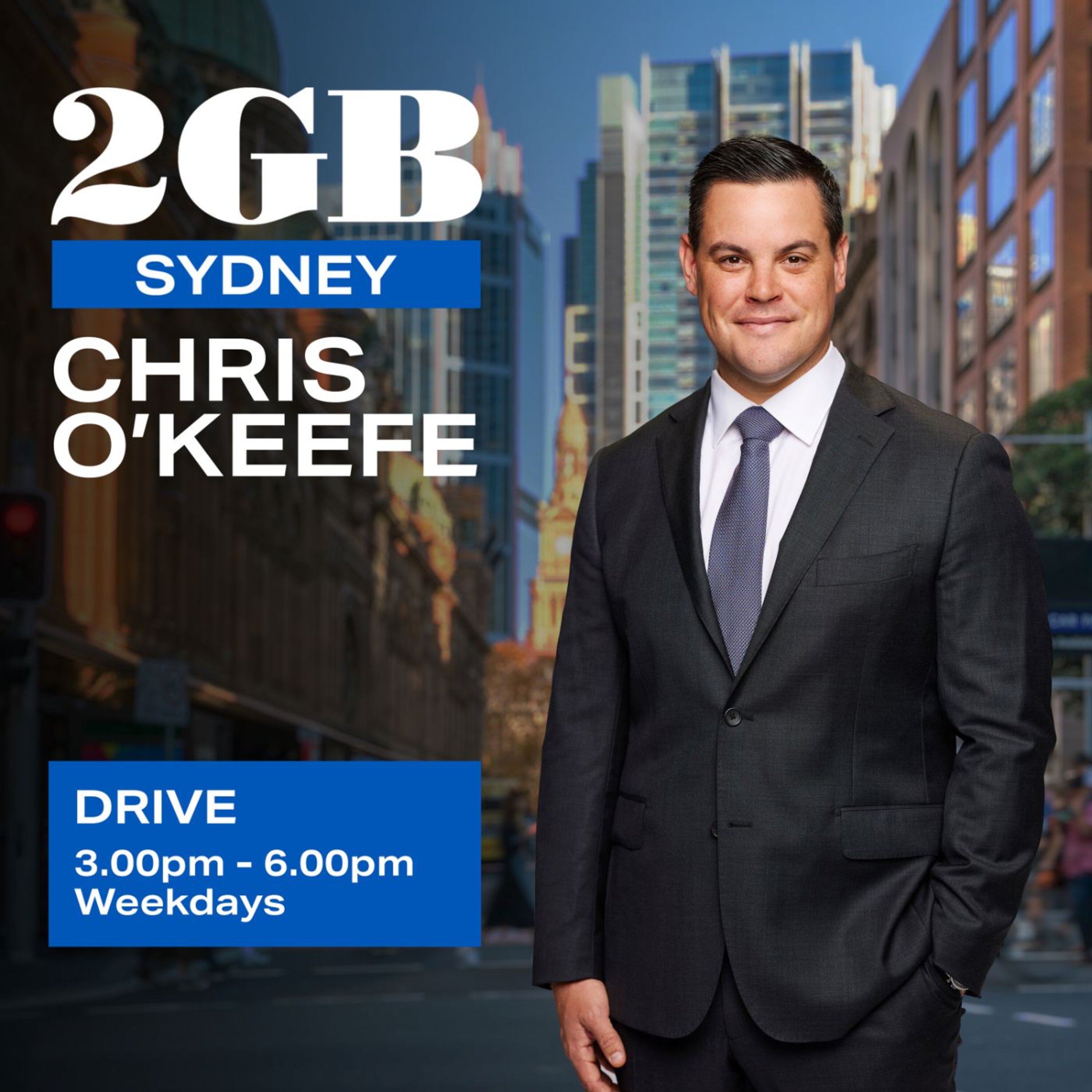
Should failed Olympians pay back their debt?

2GB Drive with Chris O'Keefe
Deep Dive
Shownotes Transcript
Now, I heard someone raise this the other day. What do you reckon? 131873. If we, the Australian taxpayer, gives money to Olympic athletes to go overseas and compete, and say if those Olympic athletes aren't as successful as we probably expect them to be, should they have to repay the money?
So what is the minimum requirement of a return on investment for the Australian taxpayer when it comes to spending money on Olympic athletes? What do you think it is? Is it a medal?
Because if it's a medal, right now we spend $16 million for every medal that we win at the Olympics. That's based off Rio figures. So right now we spend $16 million for each and every medal, regardless of colour, that we win at the Olympics. That's a lot of money, isn't it?
Each year, the Australian Institute of Sport hands about $150 million Australian dollars directly to sports and athletes for high performance purposes. Across the summer and winter Olympic Games, as well as Paralympians, more money is then spent by the Australian Institute of Sport itself, including on its own staffing and site costs. But that's not enough. So the Albanese government's upping the ante. Albo...
And Labor government, they are spending a record $489 million on elite sport. So close to half a billion dollars. Half a billion. Do you think that's overkill? 131873. And what is the requirement from our athletes, from our Olympians, from these sporting organizations? What do they have to achieve if they are receiving this kind of money from us?
But the thing is, the more money you spend, the more medals you win, it seems. So in Sydney 2000, we won 58 medals, 16 gold, 25 silver, 17 bronze. It left us fourth on the medal table. We were fourth again in Athens. Then we stopped spending as much money. And by 2016, we finished 10th at Rio.
So the argument will be the half a billion we spend on sport is for both medals and for national unity and cohesion through the Olympic process. Look, I agree with that. But just remember, we are sending 460 athletes to Paris that will represent Australia in 33 sports. Almost all of them will come home empty handed.
So should it be a hex style system? This was raised with me the other day. Should it be a hex style system where unless an athlete wins a medal or reaches a predetermined result that's been set for them before they go overseas, they then have to pay the taxpayer back the money that was handed over? Look, I don't know if I necessarily agree with this or not, but what do you think of it?
131873, do you think that $16 million for every medal that we win at the Olympics is way too much? Are we getting a good return on investment for this kind of money? You tell me. 131873.